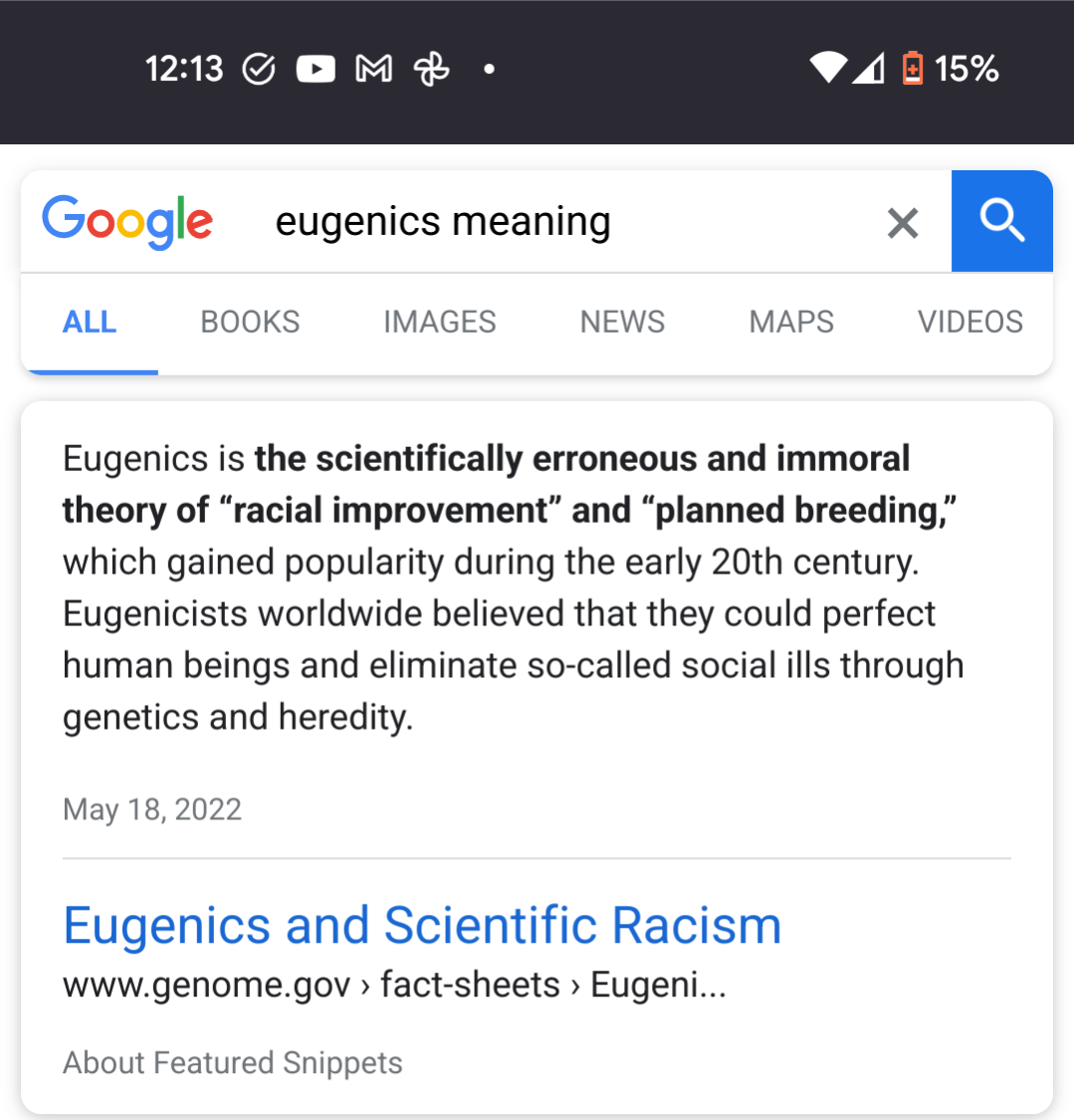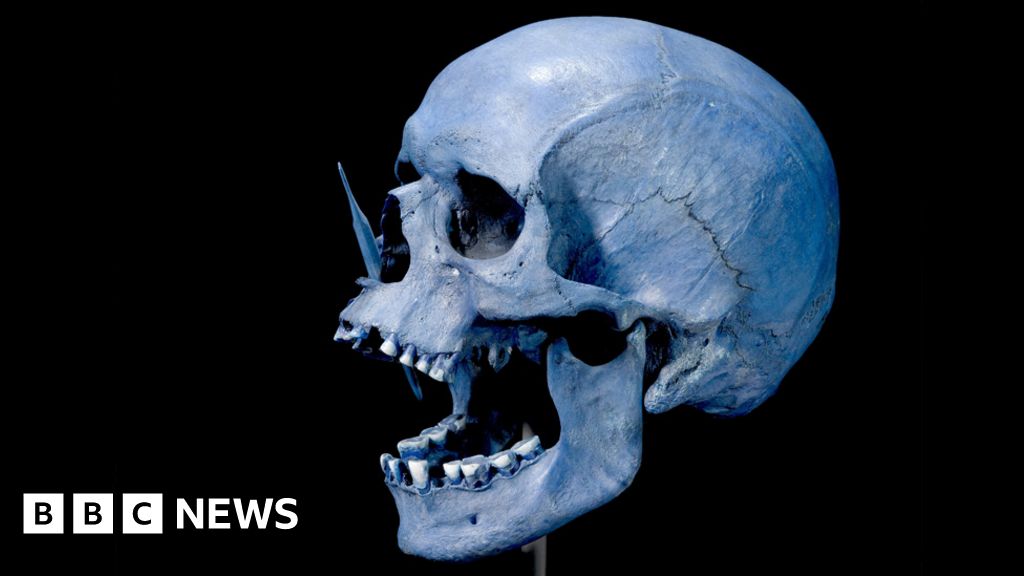Why are diseases more common in some parts of Europe than others, and why are northern Europeans taller than their southern counterparts?
An international team of scientists say they have unearthed the answer in the DNA of ancient teeth and bones.
The genes which protected our ancestors from animal diseases now raise the risk of multiple sclerosis (MS).
The researchers call their discovery “a quantum leap” in understanding the evolution of the disease.
And they say it could change opinions on what causes MS, and have an impact on the way it is treated.
Microsoft has a gene now?
A lot of eugenics type articles coming out lately, good thing everyone submitted their DNA to big databases in a time of uncertainy
If Eugenics means being able to heal MS, I’m all for Eugenics!
How is this article about eugenics
To my understanding DNA doesn’t work as it is portrayed in mass media. We have coding DNA and non-coding DNA. Scientists had the nerve to call the non-coding DNA “Junk DNA” even tho it consists of 99% of the DNA. This percentage is disputed but it’s always a huge percentage. The non-coding DNA has the crucial role to take input from the environment and decides what is going to be coded. In media when they talk about DNA they just talk about coding DNA.
Even tho eugenics is not a department in medical schools anymore, racist scientists often get in the field of the coding DNA research, focusing heritage, undermining in anyway they can the input of the environment, the non-coding DNA.
Here is an relevant article: Multiple sclerosis: Are there genetic causes?
Both genetic and environmental factors play a role in the development of multiple sclerosis (MS), which is an autoimmune disease.
Some diseases are purely genetic, which means a person will get the disease if they inherit one or two copies of a specific gene. MS is not genetic in this way.
That’s not eugenics, that’s genetics. Eugenics is the selective breeding of humans like we do with animals to make a better human.
Eugenics is several things, including what you mention. Apart from that It looks like you missed my point which was:
racist scientists often get in the field of the coding DNA researchI will try using the words of the National Human Genome Research Institute with an example:
Eugenics: Its Origin and Development (1883 - Present)
Timeline 1994 - The Bell Curve and modern concerns about a resurgence of eugenics
Richard Hernstein and Charles Murray published The Bell Curve which promoted historical eugenic arguments. These authors argued that genetics determined intelligence and social mobility in American society and that genetics caused African American and Europeans Americans to have different IQ scoresMy fuckin God, how is it so hard for you assholes to use the Internet

deleted by creator
I don’t understand what you problem is. You act like we disagreed on the definition of eugenics and it’s not the case.
Anyways if the search term is eugenics definition I get the following:
-
The study or practice of attempting to improve the human gene pool by encouraging the reproduction of people considered to have desirable traits and discouraging or preventing the reproduction of people considered to have undesirable traits.
-
The science of generative or procreative development; the doctrine of progress or evolution, especially in the human race, through improved conditions in the relations of the sexes.
-
The science of improving stock, whether human or animal.
-
A social philosophy which advocates the improvement of human hereditary qualities through selective breeding.
-
The study of methods of improving genetic qualities by selective breeding (especially as applied to human mating).
Also, the link I provided is from genome.gov, there one can find a very interesting Fact Sheet. It’s also visible on your screenshot.
All of those bullet points say the same thing with different words: selective breeding to improve a species. For whatever reason you wish to choose, that’s considered bad when done to humans.
-
Eugenics?
Day old account too; I doubt it’s a genuine take.
profile pic seems AI generated as well
That would also explain the maniacal rate at which this account is commenting.
Yea. I was reading through their posts. Troll.
This is the best summary I could come up with:
MS is a disease where the body’s own immune cells attack the brain and spinal cord, leading to symptoms like muscle stiffness and problems walking and talking.
They discovered that genes which increase the risk of MS entered into north-western Europe about 5,000 years ago via a massive migration of cattle herders called Yamnaya.
The research project was a huge undertaking - genetic information was extracted from ancient human remains found in Europe and Western Asia, and compared with the genes of hundreds of thousands of people living in the UK today.
Prof Lars Fugger, paper author and MS doctor at the John Radcliffe Hospital in Oxford, says the discovery helps “demystify” the disease.
Drugs currently used to treat MS target the body’s immune system, but the downside is the risk of suppressing it so much that patients struggle to fight off infections.
DNA from pre-historic hunter-gatherer people raises the risk of Alzheimer’s, but ancient farmers’ genes are linked to mood disorders, the research explains.
The original article contains 686 words, the summary contains 165 words. Saved 76%. I’m a bot and I’m open source!
What did the Yamnaya ever do for us, I ask you?
Interesting read. So I now wonder if MS also existed and would present itself back when this gene became prevalent (and people lived long enough), or if there are new environmental factors (or anything else) that is tricking this gene/immune system into thinking that the nerve coating is something that it should be attacking.






